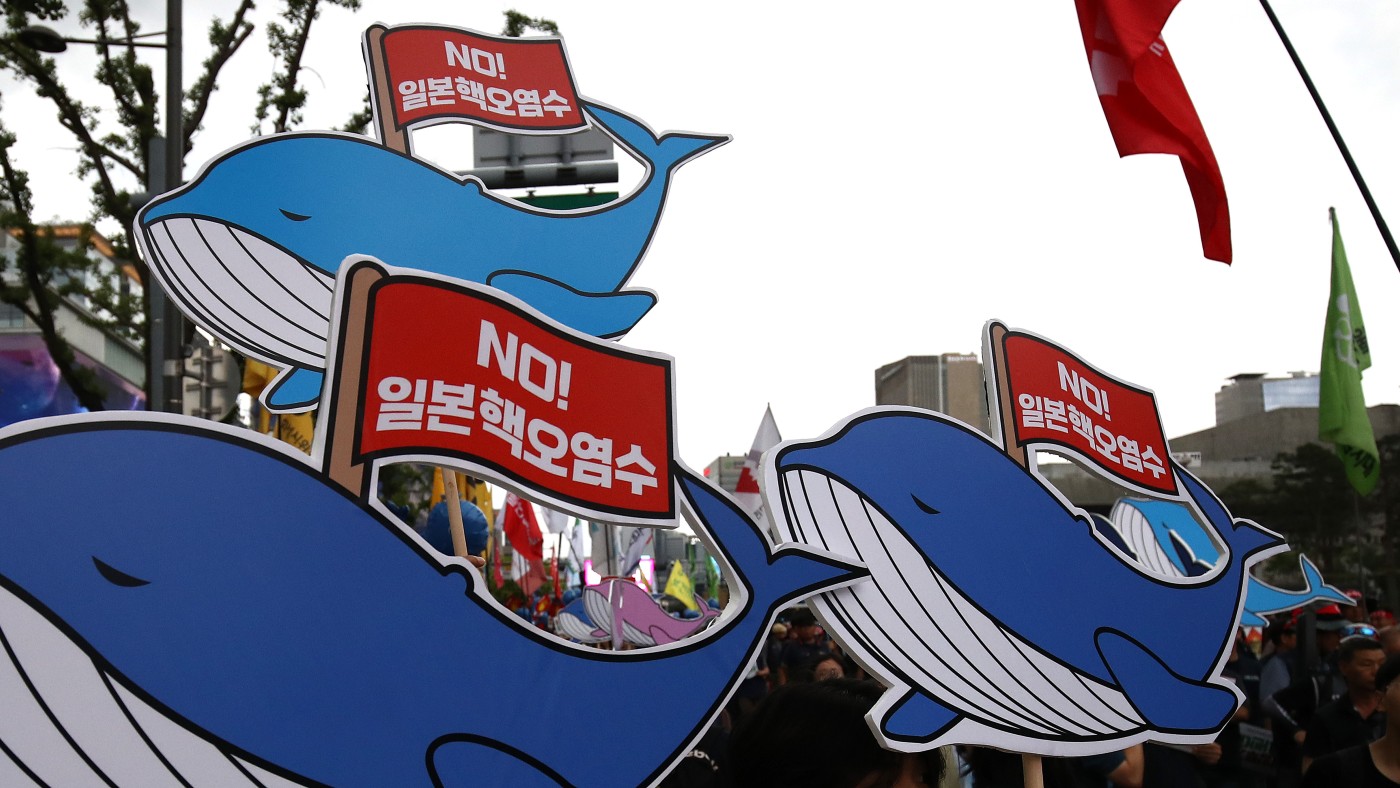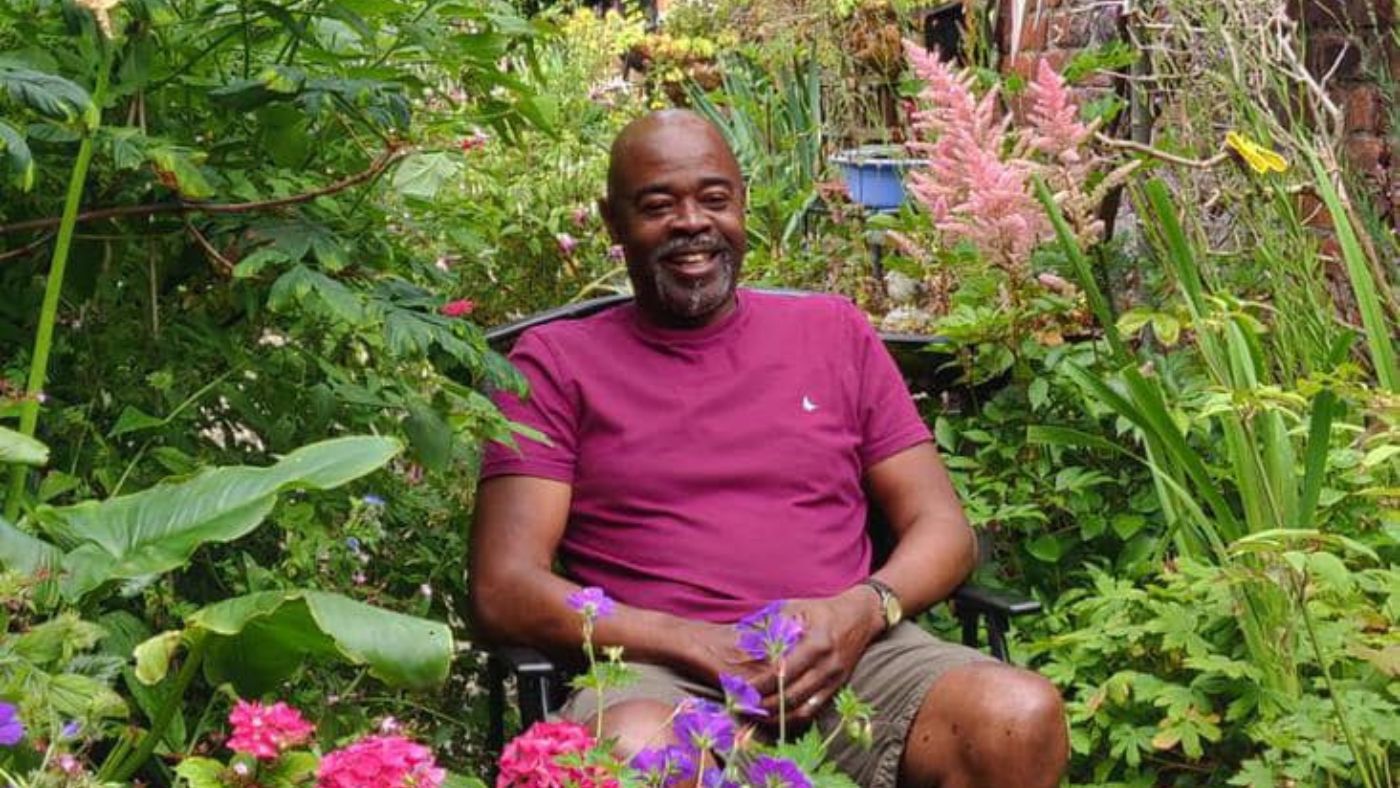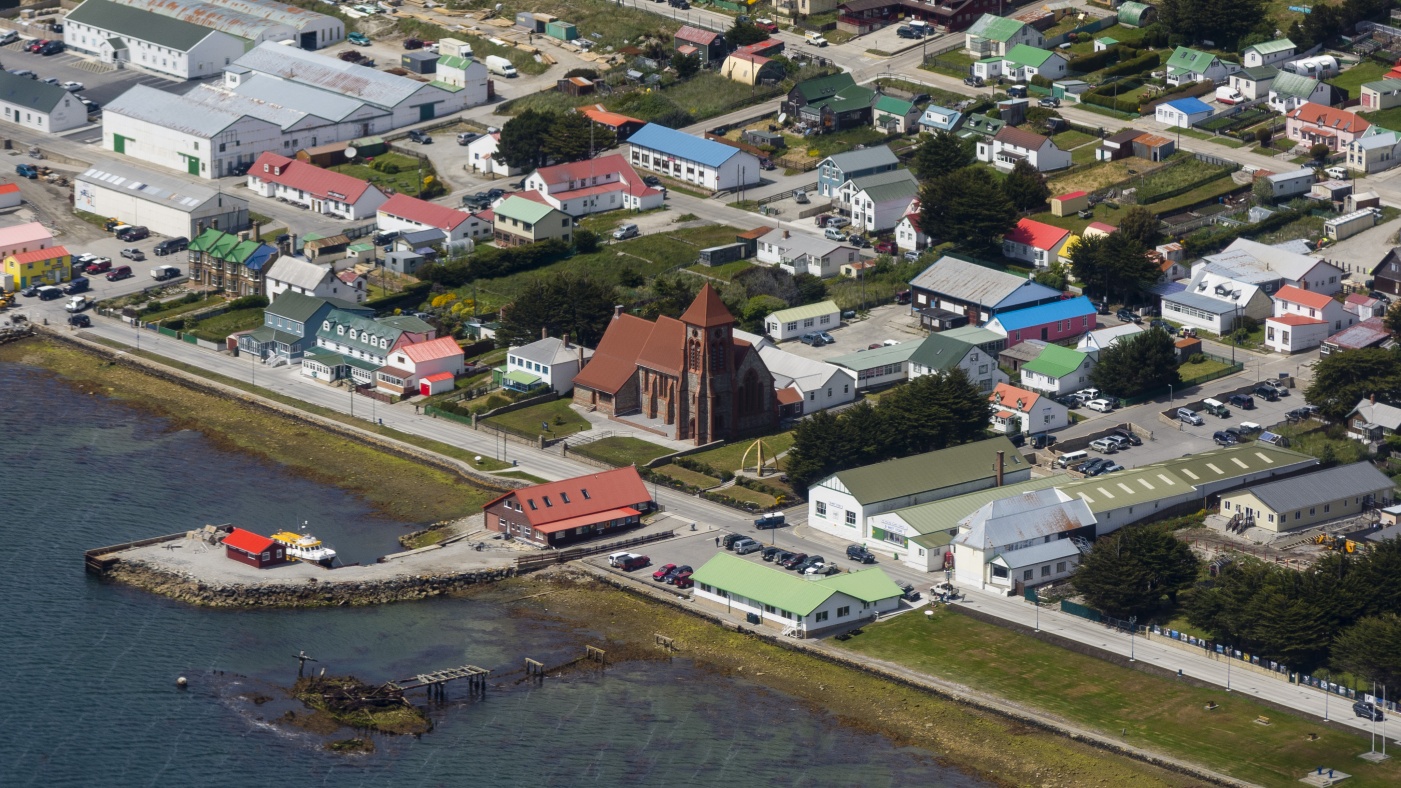The Fukushima solution causing consternation in China
Tokyo insists the water is no different to that regularly released by nuclear plants elsewhere

A free daily email with the biggest news stories of the day – and the best features from TheWeek.com
You are now subscribed
Your newsletter sign-up was successful
More than 18,000 people were killed by the huge earthquake off Japan’s northeast coast and the ensuing tsunami that struck on 11 March 2011.
But nowadays the cataclysm is mainly remembered for the way it wrecked the Fukushima nuclear plant and caused “the worst atomic accident since Chernobyl”, said Stephen Stapczynski on Bloomberg (New York). And ever since that terrible accident, plant operator Tepco has been pumping water into the site to cool the reactors’ fuel rods, contaminating some 130,000 litres every day in doing so.
‘Difficult to justify’
Over the past 12 years, that water has been processed and stored in about 1,000 huge tanks. Those tanks are now almost full, and the Japanese government’s plan for the next step to take is a profoundly controversial one: to the fury of neighbouring countries, it wants to release a million metric tons of this treated radioactive water – “enough to fill 500 Olympic-size swimming pools” – into the Pacific Ocean.
The Week
Escape your echo chamber. Get the facts behind the news, plus analysis from multiple perspectives.

Sign up for The Week's Free Newsletters
From our morning news briefing to a weekly Good News Newsletter, get the best of The Week delivered directly to your inbox.
From our morning news briefing to a weekly Good News Newsletter, get the best of The Week delivered directly to your inbox.
Tokyo insists that the filtration process the water has undergone means it’s free of most radionuclides – elements that emit radiation, said Sara Hussein in The Jakarta Post. It insists the water is no different to that regularly released by nuclear plants elsewhere, a conclusion endorsed by the UN’s nuclear watchdog, the International Atomic Energy Agency (IAEA).
Even so, this plan is “difficult to justify”, said The Kyunghyang Shinmun (Seoul). The processing of the water doesn’t remove tritium, a form of hydrogen that can be carcinogenic at high levels, and there have been no signs of the IAEA pushing for less risky alternatives.
‘Beijing has some nerve’
No wonder countries such as China and many Pacific islands are fiercely opposed to the plan, as are 41% of the Japanese people and almost everyone in the fishing industry. China has even banned food imports from affected Japanese regions on safety grounds.
Beijing has some nerve, said Philipp Mattheis in Der Standard (Vienna). China itself already dumps far more “radioactive water” into the sea than Fukushima is scheduled to do – Chinese reactors are releasing up to 6.5 times the annual amount of tritium forecast – and it’s working flat out to build another 150 reactors over the next 15 years.
A free daily email with the biggest news stories of the day – and the best features from TheWeek.com
It is also the case that the amount of tritium destined for discharge into the sea under the proposal has been judged to be well beneath the safety level required by regulators for nuclear waste discharge, or by the World Health Organisation for drinking water, said Mainichi Shimbun (Tokyo). But be that as it may, with Fukushima’s water tanks about to reach capacity early next year, Tokyo will have its work cut out selling its plan and winning over its many enraged and vocal critics.
-
 The ‘ravenous’ demand for Cornish minerals
The ‘ravenous’ demand for Cornish mineralsUnder the Radar Growing need for critical minerals to power tech has intensified ‘appetite’ for lithium, which could be a ‘huge boon’ for local economy
-
 Why are election experts taking Trump’s midterm threats seriously?
Why are election experts taking Trump’s midterm threats seriously?IN THE SPOTLIGHT As the president muses about polling place deployments and a centralized electoral system aimed at one-party control, lawmakers are taking this administration at its word
-
 ‘Restaurateurs have become millionaires’
‘Restaurateurs have become millionaires’Instant Opinion Opinion, comment and editorials of the day
-
 Earring lost at sea returned to fisherman after 23 years
Earring lost at sea returned to fisherman after 23 yearsfeature Good news stories from the past seven days
-
 Bully XL dogs: should they be banned?
Bully XL dogs: should they be banned?Talking Point Goverment under pressure to prohibit breed blamed for series of fatal attacks
-
 Netanyahu’s reforms: an existential threat to Israel?
Netanyahu’s reforms: an existential threat to Israel?feature The nation is divided over controversial move depriving Israel’s supreme court of the right to override government decisions
-
 Farmer plants 1.2m sunflowers as present for his wife
Farmer plants 1.2m sunflowers as present for his wifefeature Good news stories from the past seven days
-
 Koran burning in Scandinavia: freedom of expression’s ultimate test?
Koran burning in Scandinavia: freedom of expression’s ultimate test?Talking Point Anti-Islam demonstrations have sparked condemnation and raised constitutional challenges for Sweden and Denmark
-
 EU-Tunisia agreement: a ‘dangerous’ deal to curb migration?
EU-Tunisia agreement: a ‘dangerous’ deal to curb migration?feature Brussels has pledged to give €100m to Tunisia to crack down on people smuggling and strengthen its borders
-
 Manchester alleyway transformed into a plant-filled haven
Manchester alleyway transformed into a plant-filled havenfeature Good news stories from the past seven days
-
 ‘Islas Malvinas’ and the new battle over the Falklands
‘Islas Malvinas’ and the new battle over the FalklandsTalking Point Argentina scores ‘major diplomatic win’ as EU refers to British territory by its disputed name